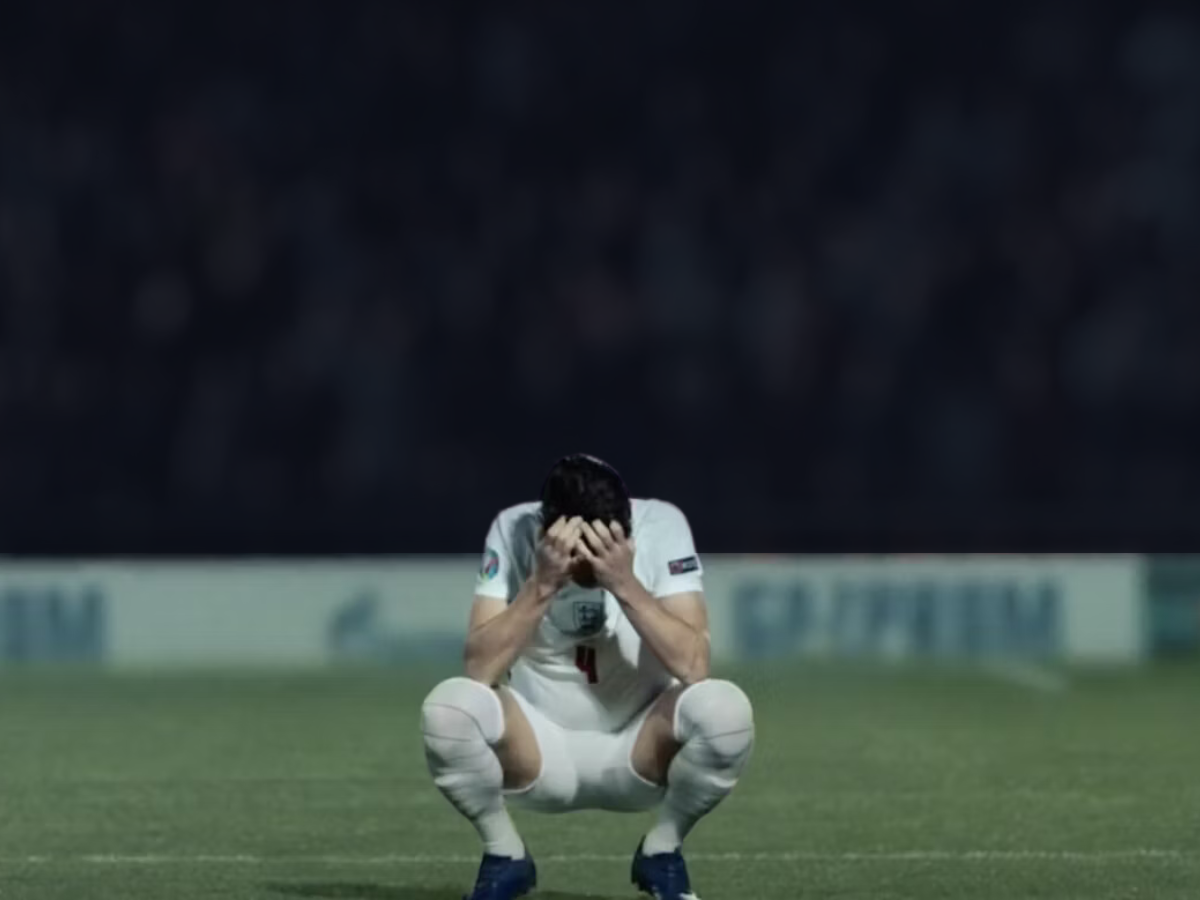Loneliness is rife as most footballers, their path to becoming a professional is done via the academy system. The only notable, alternative routes are if they rise through the American school/college process or if they start from the very bottom in a non-league setting and prove their worth at ascending points of the football pyramid.
Of the three possible mentioned ways of becoming pro, academy football arguably takes the biggest toll on a young person’s mental growth. Not least because of the lingering and terrifying fear of being released if poor form occurs or the enormously deflating rejection by a club who were offering trials. After all, less than 1% of academy players reach a professional standard career, according to academyfootball.info.
It is also a huge commitment which means reducing a social life with school, friends, and even family is often shelved. Ultimately, it can be a pretty reliable recipe for loneliness and Sheffield United Under 19s winger Kevin Olszewski is no stranger to that.
Olszewski, despite only being 17, has played for three different academies in England and described his career so far as a “rollercoaster of emotions,” with loneliness being a feeling he has experienced from time to time.
“At some points, there have been periods where I have felt alone because of having to play football nearly every day. It has compromised my spare time to have a life outside of it. I would say that the sacrifices I made growing up have made me feel lonely at points in life.”
Olszewski revealed that moving away from Sheffield to a new setting at 13 years old to play for Hull City, his first club, was tough and he explained how crucial the “settling in” process was for him. The bottom line was, and presumably still is, confidence – and that making a name for yourself meant that people got to know you quickly.
Although, young academy players being put on such a pedestal means that they need to find the right balance between high confidence and an over-inflated ego, which Olszewski alluded to:
“There were some bullies who thought that they were better than everyone but the staff dealt with it very well and it made it easier for other players, like myself, to settle in. They made it a safe environment for us. They made sure we all got to know each other like we were a family and it prevented any of the players from making silly mistakes such as making fun of other players and downplaying their own team.”
Sadly for Olszewski though, he was released by Hull City after 2 seasons with the club. He regarded it as the lowest point of his career and such a moment has prompted him to become quite an over-thinker when he feels as though he hasn’t performed up to standard. Being let go was a huge blow to his confidence but thankfully, he reached out for help before he left his family to move to Fleetwood Town, which proved to be tough for him and a teammate.
“When I moved to Fleetwood, I just thought of it as another academy but with different players, but I would always miss the family. One of my friends suffered from depression and he would struggle to cope whenever he thought he played badly. After one of those sorts of games, he would go to the changing rooms, wouldn’t speak to anyone and then go home. He always felt guilty and that affected his performances on the pitch. It sometimes happens to me, even today.
There might be some instances where a footballer may not want to open up because of how personal their situation is, which is fine, but loneliness in football needs to be spoken about more to allow players to speak to somebody easier.”
Since having the opportunity to move back to Sheffield and play football, Olszewski is much happier and like a majority of 17 year olds, feels that living with his family again is “perfect.”
This does not really come as a surprise though, as Olszewski is deeply grateful for how supportive his family and close friends have been during his efforts to become a professional footballer. If somebody who is still legally a child returns to somewhere that they can comfortably call home, they’re bound to be much happier.
To prevent the next generation of players from being lonely, Olszewski did approve of the idea of a ‘buddy’ system being implemented into academy training grounds. This is where new players are partnered up with more settled players who have been at the club for a while. He believed that not only would it have the potential to improve player’s ability but it would also help them acclimatise to new surroundings.
The issues that prompt loneliness which Olszewski has seen and had to deal with first hand do not simply go away once a player graduates from an academy though.
Bullies within the squad, the feeling of isolation in a new place that is far away from home and periods of low confidence prevalent in the professional game.

Hopefully, this example is now a little out-dated, but former Chelsea star Graeme Le Saux was certainly a victim of what you read earlier about teammates not always necessarily being great mates. Despite not even being gay, Le Saux received relentless homophobic abuse throughout his career based purely on his character. Even his England colleague and national sweetheart David Beckham couldn’t resist an offensive dig at the left back.
“I felt like the boy at school wearing glasses who is picked on all the time,” Le Saux, rather fittingly, told The Guardian in 2001.
Back to the modern game, a study conducted by sciencedirect.com last year concluded that no migrant players, regardless of their gender, age, language capabilities, relationship status or where they moved from, were truly prepared for the transition in their career. This came largely as a result of a lack of belonging in new surroundings- provoking homesickness and as a result, loneliness. The loneliness would worsen too, with a lack of guidance on how to deal with the feeling and it affecting their performances negatively thus prompting a further decline in mental health.
Some of the most recognisable names in football, such as Paulo Dybala and Alphonso Davies, have candidly expressed how the dream lifestyle of a professional footballer becomes a bit of a lonely nightmare when they are not used to their surroundings. It is pretty clear that loneliness in football is injected into players at a young age and is seemingly difficult to flush out, even once players have ‘made it.’
More definitely needs to be done to ensure that it is a game for everyone.

Kevin Olszewski plays for Sheffield United Under 19s
Related Content




